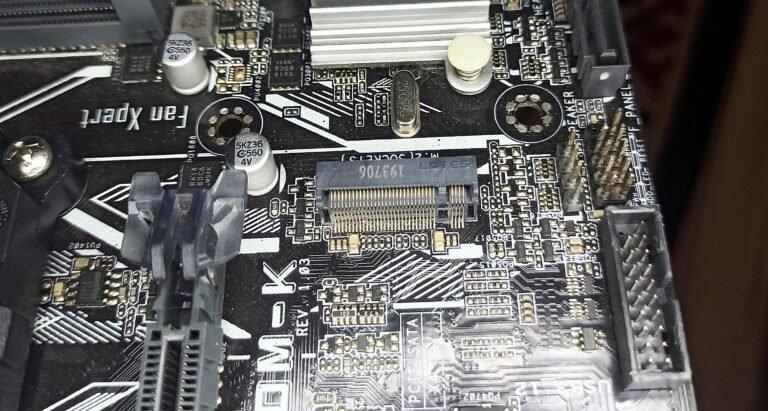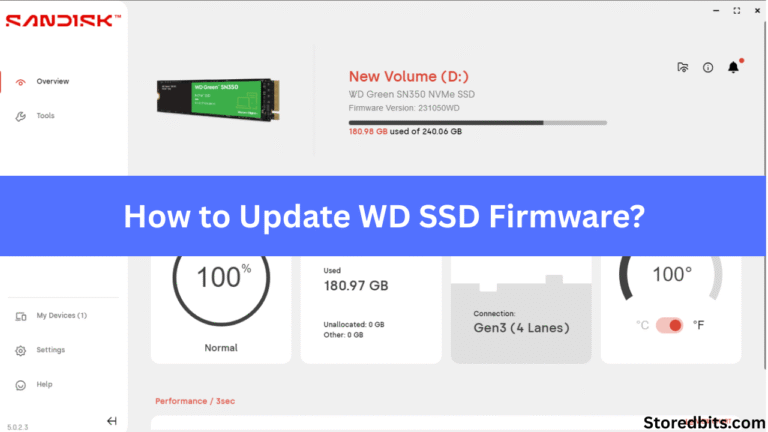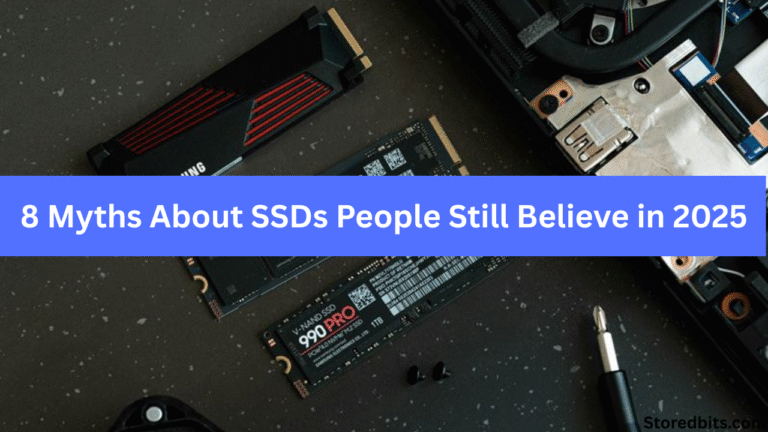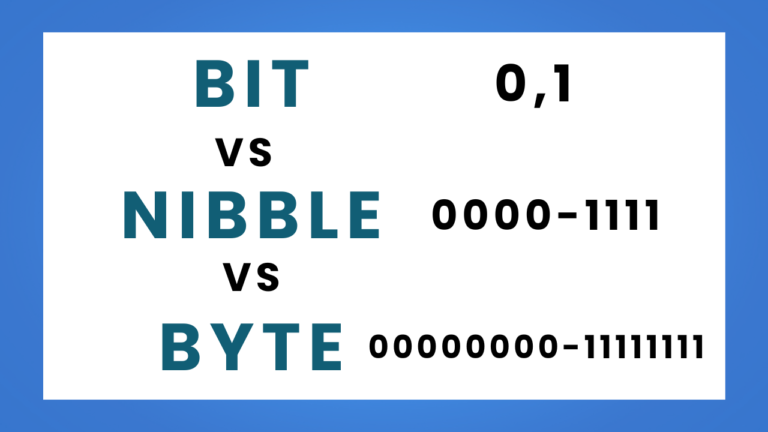Affiliate Disclosure: This post may include affiliate links. If you click and make a purchase, I may earn a small commission at no extra cost to you.
The most recent series of NVMe storage, which offers extreme read/write speed, on paper reachable up to 14000 MB/s, is the Gen 5 SSDs. It is a significant jump from Gen 4.0, which offers 7000 MB/s, and Gen 3 ~ 3500 MB/s. If we compare them theoretically, the new generation looks like a game-changer. But in real-day use, things aren’t quite that revolutionary.
With each generation, improvement leaps in various factors such as bandwidth, throughput, and latency, but the practical benefit seems to have a very marginal increase for average users. While Gen 3.0 revolutionized the SSD performance, Gen 4.0 revolutionized the high-speed storage more mainstream, Gen 5.0 feels merely a specification flex than a practical necessity.
There is no doubt that Gen 5.0 drives fast – extremely fast, but the majority of daily based tasks like browsing and editing, and their speed needs, don’t really care about either Gen 4.0 or Gen 5.0. No performance gap is felt among them, and it fuels the idea that Gen 5.0 SSDs just might be overkill for most users in 2025.
Real-World Speed Gains Are Marginal
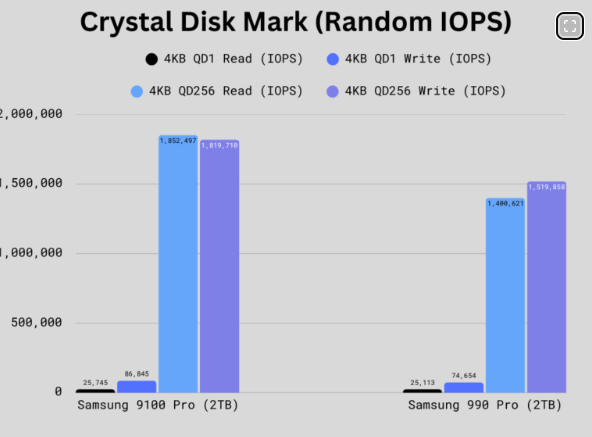
Without a doubt, the Gen 5.0 SSDs crush the threshold of benchmarks, but a truth exists that those high numbers rarely translate into any meaningful improvements for a common user. The random performance is what matters the most when it comes to real-world applications. So, if we look at the difference in the random performance between any Gen 5.0 and Gen 4.0 SSDs, the difference will be marginal.
Take app launches and file transfers, for instance. You might expect the Gen 5.0 SSDs to open the software twice much speed as Gen 4.0 or Gen 3.0, but that’s not the case in fact. Most of the applications are limited by CPU speed, RAM available, and the efficiency of the internal instructions/code of the software. So, doesn’t matter if your SSD can gather speed up to 14000 MB/s on paper, your system won’t allow the application to work on that load until and unless everything else in your system is top-tier. Even then, speed gains are minimal, just a matter of milliseconds.
Thermal Throttling Issues

One of the biggest drawbacks of Gen 5.0 SSDs is the amount of heat they generate. These drives offer a butter-smooth experience without a doubt, but they also heat up too much. The temperature often achieves 70 to 80 degrees Celsius under sustained load. That’s a warmth enough for the SSD to throttle thermally. This can become worse in laptops where the drive gets no airflow and there is no space to install the heatsinks.
To manage this, Gen 5.0 SSDs come with massive heat sinks and cooling fans. In some cases of high-end motherboards, they even have dedicated thermal solutions. This not only adds system noise and power consumption but also increases the overall cost and the bulkiness. And the factor is a matter of debate for modern-day systems, that is manufactured on the basis of minimalism and power efficiency.
Price-to-Performance Mismatch
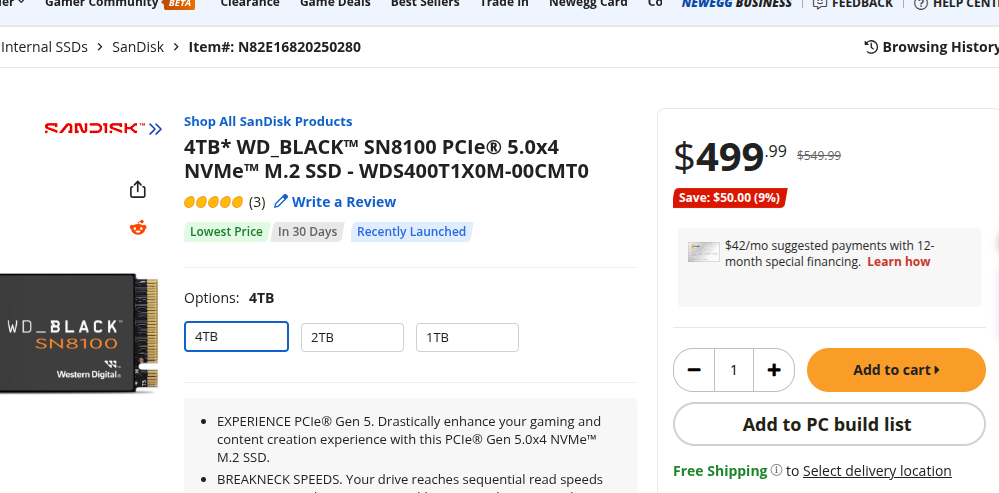
Another reason, the most compelling one, is the premium price that you are paying for a speed that is not likely to be noticeable. In 2025, Gen 5.0 SSDs bear a price tag hiked by 30-50% over their Gen 4.0 counterparts. The price goes even higher, sometimes doubled, in case you are looking at the models with fancy RGB heatsinks and active cooling. But, when it comes to actual performance in day-to-day use, the increased price seems to offer decaying returns.
In most of the real-world tasks, such as gaming, video editing, coding, or running virtual machines, Gen 4.0 SSDs perform equivalently. In cases of load time, export speed, and file transfers, you are likely to notice rare marginal improvements.
So, unless you are working on some bleeding-edge workload that truly makes the use of Gen 5.0 bandwidth, the added cost is nothing but a trap from a financial sense. You are buying bragging rights. Anyone out there could argue over the difference between their 4.0 and your 5.0.
Compatibility Issues

A Gen 5.0 SSD demands more than just power and cooling. Unlike previous generations, you can’t simply buy it and plug it and expect everything to work just perfectly. Instead, to unlock the actual speed of Gen 5.0 SSD, you need to have a PCIe 5.0 compatible CPU and motherboard, which means another set of investment on chipsets (like AMD’s AM5 or Intel’s 13th/14th Gen).
What is even worse, on some platforms, a Gen 5.0 SSD can share bandwidth with the GPU, eventually leading to reduced graphics performance. This becomes problematic for gamers or users who rely on a high-speed GPU in their daily tasks.
Gen 5.0 SSDs can burden you with an expensive upgrade chain. The trail as long as including CPU, motherboard, cooling, and sometimes even PSU, just to reach the SSD’s potential.
Lack of Use Cases for Most Users

Most of the users never require the extreme speeds of Gen 5.0 SSDs. If your day runs off with casual web-browsing, streaming, and using office apps, even a Gen 3.0 will feel fast. For gaming, the load time and performance are actually bottlenecked by the GPU and CPU, not storage. A well-optimized Gen 3.0 is even good for gaming.
Even content creators, until they are working with 8K RAW video, don’t really benefit from the Gen 5.0. For most YouTubers, photographers, or editors working on 4K or even 6K, Gen 4.0 already delivers more bandwidth than required. So, unless your niche is ultra-specialized, the extra speed is merely a delusion.
Conclusion
We can’t deny the fact that Gen 5.0 SSDs are technically a masterpiece in modern hardware engineering.
For most of the users, the fact that these drives are overkill, overpriced, and overheated is undeniable. Besides, they require special hardware and offer very minimal differences on daily use over Gen 4.0-especially for tasks like gaming, content creation, or general computing. Unless you are working on specific high-end tasks like handling massive 8K video files or running AI models, there’s no practical reason to spend extra bucks on Gen 5.0.

